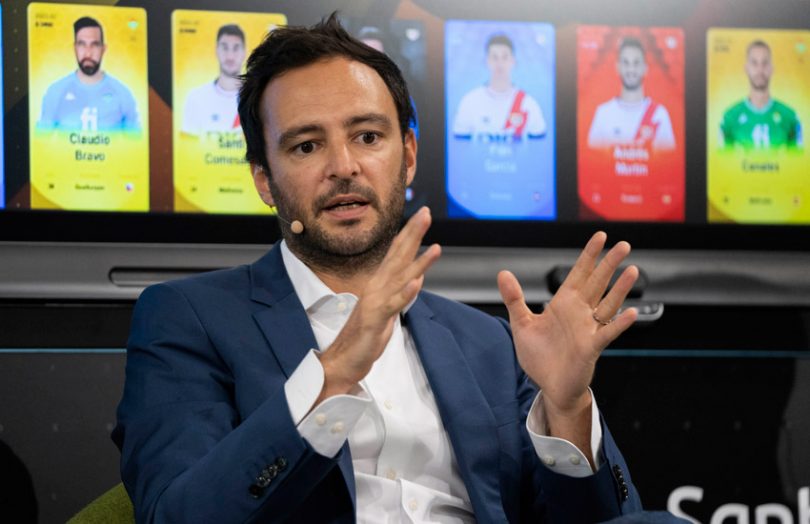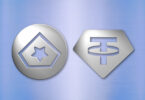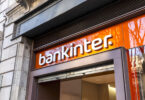Sports non-fungible token (NFT) platform Sorare raised a Series B round of $680 million at a $4.3 billion valuation. The financing was led by SoftBank and is the biggest Series B round in Europe.
Sorare was launched at the end of 2019 as an alternative to traditional fantasy sports games. Football player cards are minted as NFTs and users can build a weekly lineup of five players to compete against other fantasy teams. The performance of the users depends on the players’ actual performance on the field.
The NFT aspect ensures that the cards are scarce, proves ownership, and enables transparent and efficient trading. In addition, people can make money off Sorare as the top ranked line-ups win some cryptocurrency weekly, or the cards can be sold for a profit. The blockchain feature of the platform ensures traceability in these transactions.
Article continues …

Want the full story? Pro subscribers get complete articles, exclusive industry analysis, and early access to legislative updates that keep you ahead of the competition. Join the professionals who are choosing deeper insights over surface level news.






